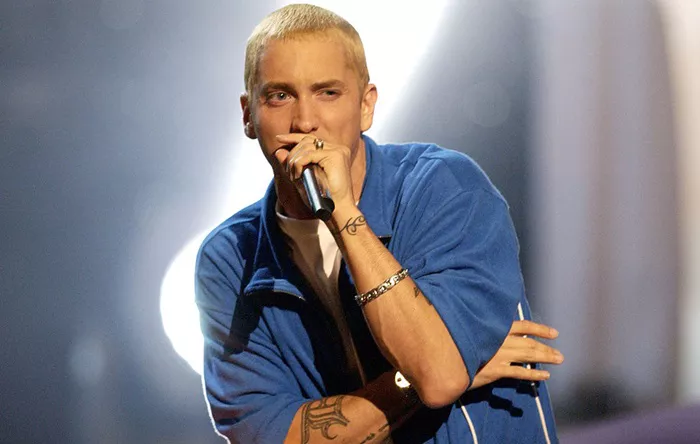Hip hop, once a niche genre born from the streets of the Bronx, New York City, has evolved into a global phenomenon that transcends geographical, cultural, and social boundaries. This transformation is not merely about the music; it encompasses a broader cultural movement that includes dance, fashion, language, and art. In this article, we will explore the various dimensions that contribute to hip hop’s status as a world culture.
1. The Origins of Hip Hop
The Birth in the Bronx
Hip hop emerged in the early 1970s in the Bronx, New York City, as a reaction to the socio-economic challenges faced by African American and Latino communities. Pioneers like DJ Kool Herc, Afrika Bambaataa, and Grandmaster Flash laid the foundation for what would become a multifaceted cultural movement. The initial elements of hip hop included DJing, MCing (rapping), breakdancing, and graffiti art, collectively known as the four pillars of hip hop culture.
Cultural Expression and Identity
Hip hop provided a voice for marginalized communities, allowing them to express their struggles, aspirations, and identities. This raw and unfiltered expression resonated with many, leading to the rapid spread of hip hop culture beyond the confines of the Bronx.
2. The Global Spread of Hip Hop
The Role of Media and Technology
The proliferation of hip hop in the 1980s and 1990s was significantly aided by advancements in media and technology. Music videos, radio, and later the internet played crucial roles in disseminating hip hop culture worldwide. Iconic TV shows like MTV’s “Yo! MTV Raps” introduced hip hop to international audiences, sparking a global interest that continues to grow.
Adaptation and Localization
As hip hop spread globally, it was adapted and localized to fit different cultural contexts. This localization process allowed hip hop to resonate with diverse audiences while maintaining its core elements. For example, in France, artists like MC Solaar incorporated French language and cultural references, while in Japan, groups like Teriyaki Boyz blended hip hop with local musical traditions.
3. Hip Hop as a Cultural Movement
Fashion and Style
Hip hop’s influence extends beyond music to fashion and style. Brands like Adidas, Nike, and Supreme have been closely associated with hip hop culture, often seen as symbols of status and identity. The fashion trends set by hip hop artists have a global impact, influencing streetwear and mainstream fashion alike.
Dance and Movement
Breakdancing, or b-boying, is another key component of hip hop culture that has achieved global recognition. Breakdancing competitions, such as the Red Bull BC One, attract participants from all over the world, showcasing the universal appeal and competitive spirit of hip hop dance.
Language and Slang
Hip hop has also had a profound impact on language and slang. Terms and phrases coined in hip hop songs often become part of everyday vernacular. This linguistic influence is not confined to English; hip hop has introduced new words and expressions in various languages, reflecting its global reach.
4. Social and Political Impact
Addressing Social Issues
Hip hop has always been a platform for addressing social and political issues. Artists use their music to highlight problems such as racial inequality, police brutality, poverty, and systemic injustice. This aspect of hip hop resonates globally, as many societies face similar issues, making hip hop a powerful tool for social commentary and change.
Empowerment and Advocacy
Hip hop empowers individuals and communities by providing a means of self-expression and a platform for advocacy. Initiatives like the Universal Hip Hop Museum and the Hip Hop Summit Action Network work to preserve hip hop’s legacy and promote social justice through education and activism.
5. Economic Impact
The Hip Hop Economy
The economic impact of hip hop is substantial. The genre has spawned a multi-billion-dollar industry that includes music sales, concerts, merchandise, fashion, and endorsements. Artists like Jay-Z, Kanye West, and Dr. Dre have built business empires, demonstrating the financial potential of hip hop culture.
Entrepreneurship and Innovation
Hip hop culture encourages entrepreneurship and innovation. Many artists have ventured into business, launching successful ventures in various fields such as fashion, technology, and entertainment. This entrepreneurial spirit is a key aspect of hip hop’s influence on global business practices.
6. Hip Hop and Cultural Exchange
Fusion with Other Genres
Hip hop’s ability to fuse with other musical genres has contributed to its global appeal. Collaborations between hip hop artists and musicians from different genres, such as rock, pop, reggae, and electronic music, have created unique and innovative sounds. This fusion facilitates cultural exchange and broadens the reach of hip hop culture.
Global Collaborations
International collaborations between hip hop artists have become increasingly common. These partnerships not only blend musical styles but also foster cross-cultural understanding and appreciation. Examples include collaborations between American rappers and artists from Africa, Asia, and Europe, highlighting hip hop’s role in bridging cultural divides.
See Also: How Did Hip-Hop and Rap Music Impact Society in a Positive Way?
Conclusion
Hip hop’s journey from the streets of the Bronx to a global cultural movement is a testament to its profound and far-reaching impact. As a powerful form of artistic expression, hip hop transcends boundaries and connects people across the world. Its influence on music, fashion, language, and social issues underscores its status as a world culture. As we look to the future, hip hop’s adaptability and relevance ensure that it will remain a vital and dynamic force in shaping global culture for years to come.

